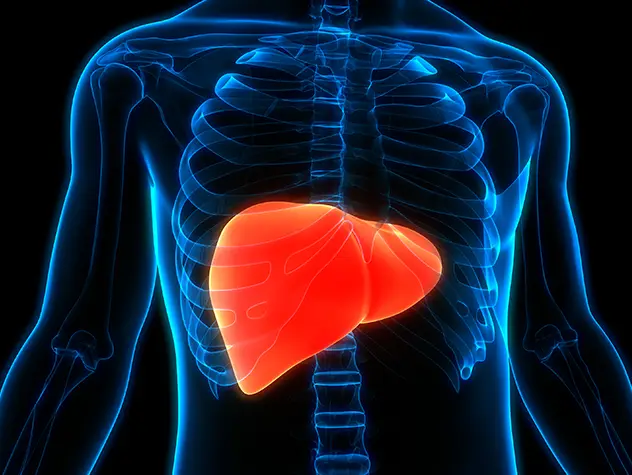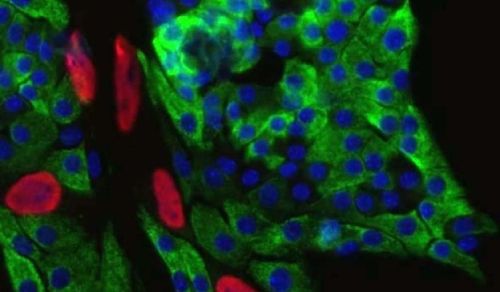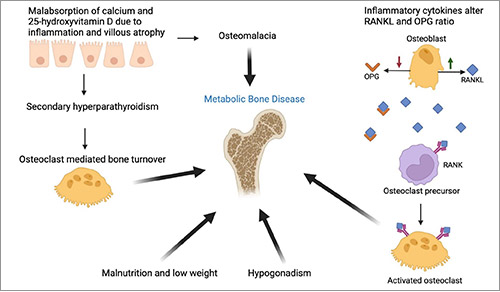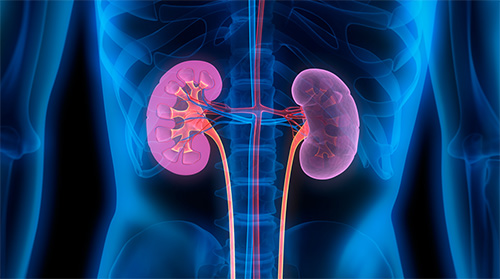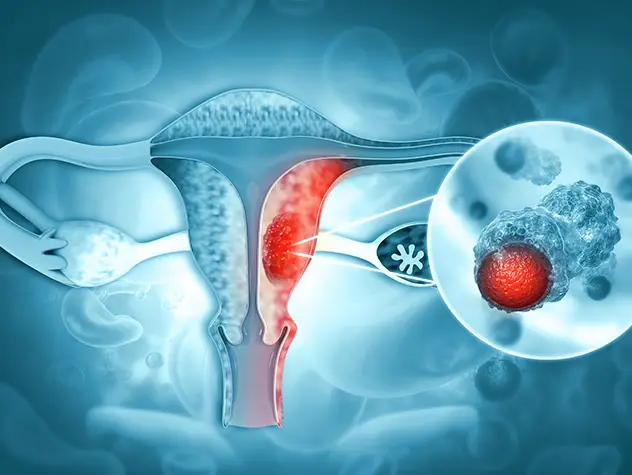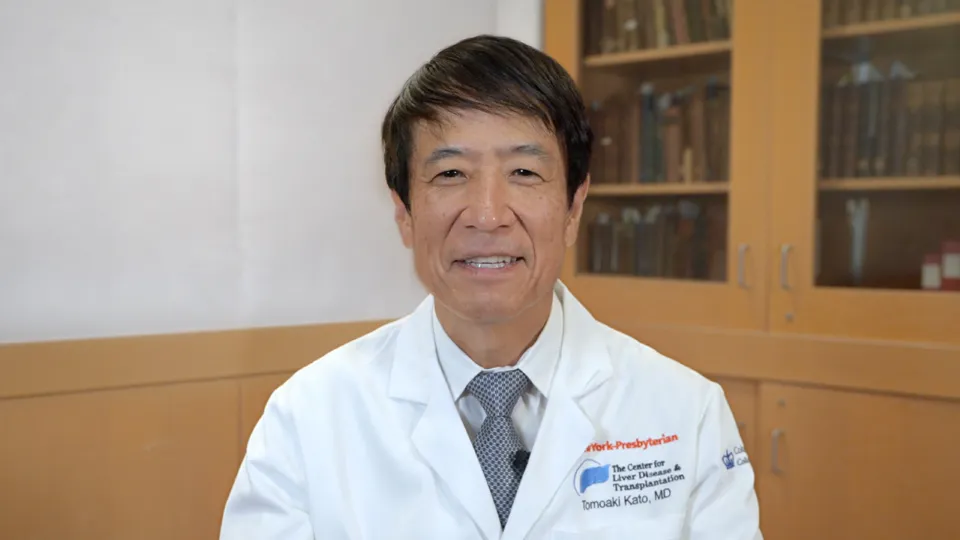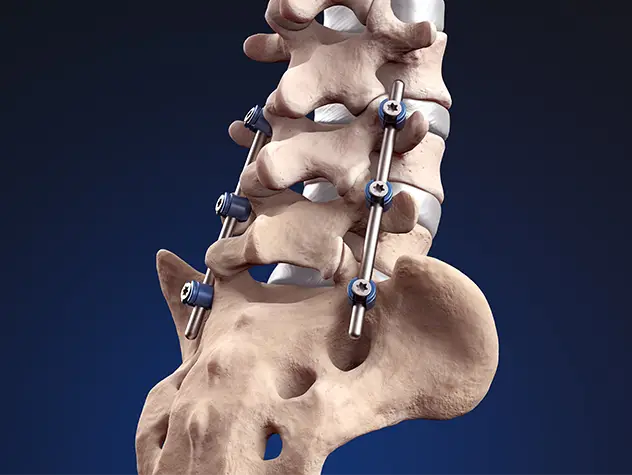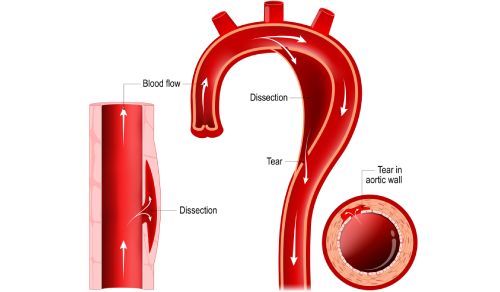With highly experienced diabetes and endocrinology specialists at Columbia and Weill Cornell Medicine, our programs are recognized for excellence in achieving optimal outcomes for challenging metabolic conditions and chronic diseases by providing multidisciplinary care to all patients. Our experts conduct research on developing innovative treatments and compassionately address the physical and emotional toll these prolonged diseases can have on patients and their families.
Cardiology & Heart Surgery
Featured Updates
Neurological spine surgeons Dr. Andrew Chan and Dr. Dean Chou are using these newer techniques to provide patients with fewer complications and faster recoveries.
The Latest







